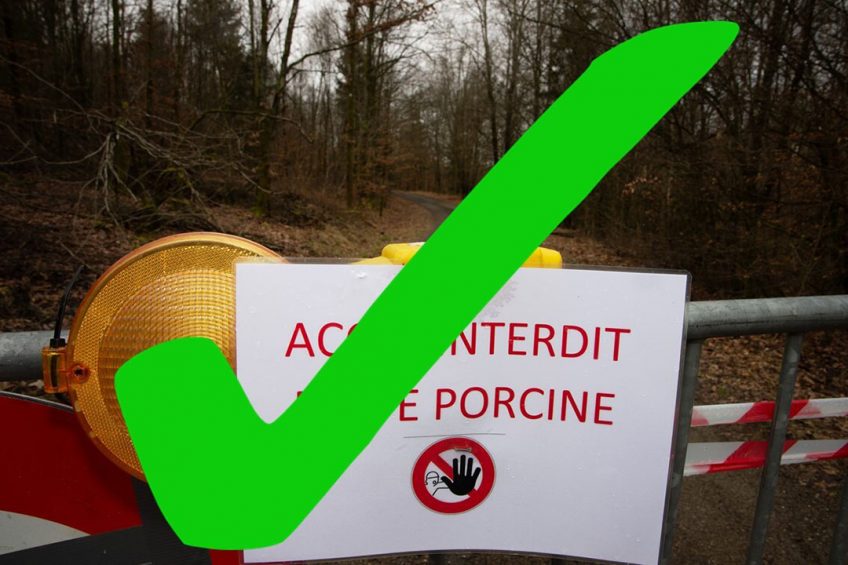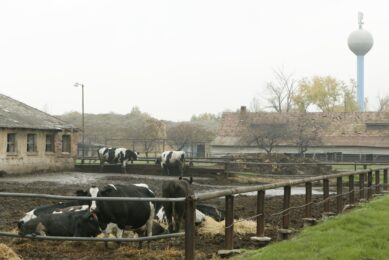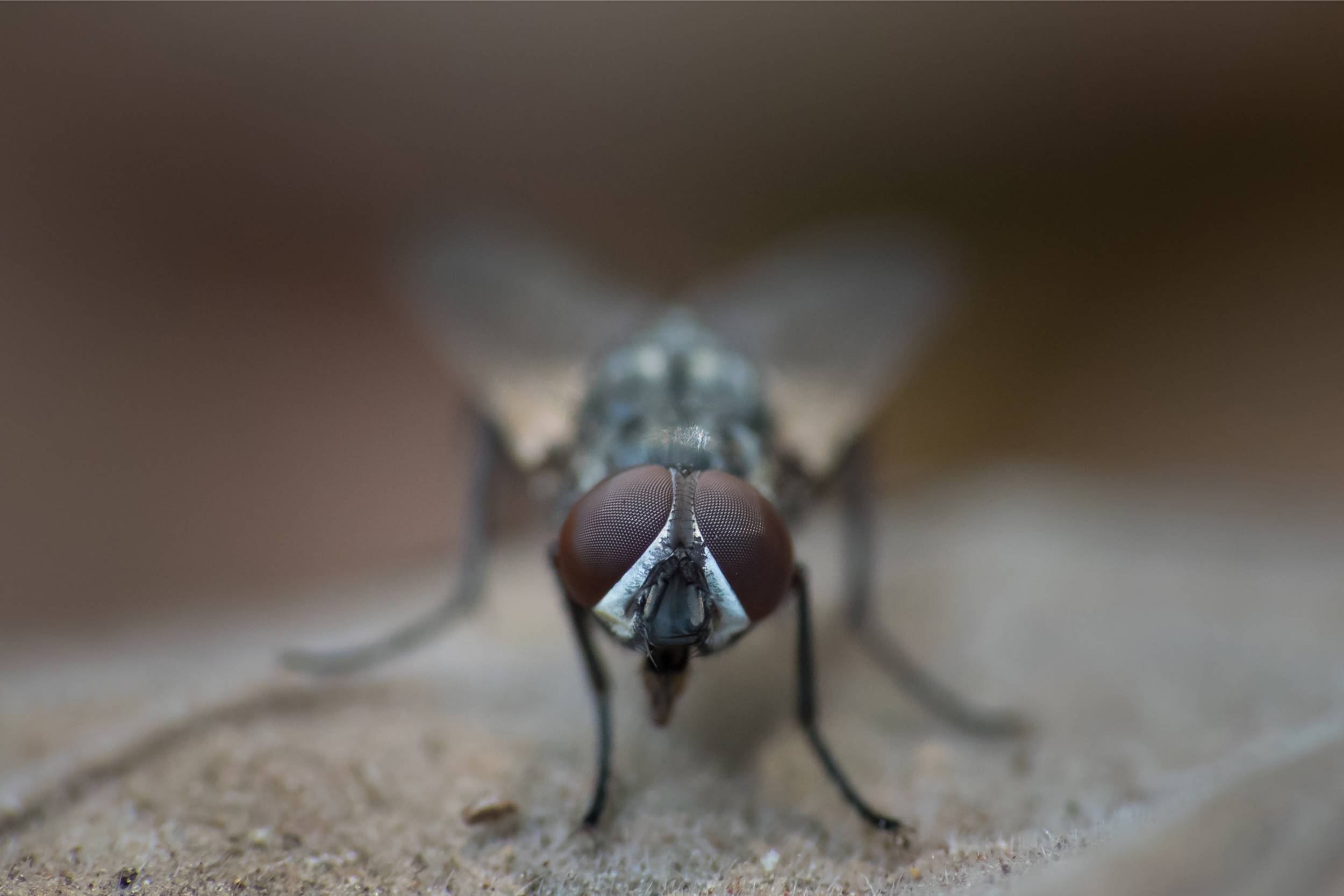Updated: OIE, EU declare Belgium ‘free from ASF’

The European Commission and the World Organization for Animal Health have declared Belgium formally free from African Swine Fever (ASF). This means that the country will regain its free from ASF status.
In November, the Belgian Federal Agency for the Safety of the Food Chain (FASFC) stated that all restrictions shall be lifted, so Belgium will no longer be included in Europe’s maps of countries affected by ASF. ASF emerged in 2018 in wild boar in the southern province of Luxembourg, which is situated next to the Luxembourg country. To fight the epidemic, a large area was shut down for tourists and a limited number of pig producers had to depopulate for preventive reasons.
Lifting of all ASF restricted zones
On October 27, through the FASFC, Belgium posted a petition with the European Commission to erase all ASF restricted zones. That date was exactly 1 year after the last moment traces of virus circulation had been confirmed.
On Friday, November 20, EU member state experts gave their permission for the lifting of all constricting measures. Pig meat trade can also be resumed, which is a signal to 3rd countries (outside the EU) which have imposed a ban on Belgian pigmeat. Belgium will therefore start to work on resuming these trades. China is among the countries maintaining a ban on importing Belgian pigmeat.

Also read: African Swine Fever in Belgium – a look back
Letter to the OIE to regain status ‘free from ASF’
Simultaneously with the application to the EU, Belgium sent a letter was to the World Organization for Animal Health (OIE) to regain its state of ‘free from ASF’ in all pigs and wild boar. In response, on December 21, 2020, the OIE also confirmed the ASF-free status in all pigs and boar in Belgium.
The European Commission’s positive advice means that pig producers in the restricted zones will be allowed to restart the business they had to abandon for preventive reasons in 2018. The formal decision arranging that is being processed and it is expected to be published before the end of 2020.
Wallonia, the French-speaking part of Belgium, will continue to maintain strict overview and control measures in the south of Luxembourg province. In the future however, these measures shall be reduced bit by bit.
833 wild boar found infected for ASF
In total, 833 wild boar were found infected with African Swine Fever in Belgium between September 9, 2018 and March 4, 2020. The last 6 carcasses that were found in Belgium in the fall of 2019 and the winter of 2020 were all of animals that had been dead for months.
David Clarinval, Belgium’s minister for agriculture also responded positively, according to the press release, calling the approval from Brussels “excellent news for our farmers and the entire pig industry”. He said, “They have followed difficult measures to contain this epidemic. […] I am pleased with the excellent cooperation between the federal government, the Walloon Region and the FASFC. The effectiveness and speed of the measures taken have made it possible to stop the spread of this disease. The end is in sight and it will allow us to guide the steps we need to take to lift the embargoes of several third countries as soon as possible.”

Track the movement of African Swine Fever
For everything you need to know about ASF, from the latest outbreaks to controls stay up to-date…
ASF continues to be a problem for Europe
The news from Belgium does not mean that all of Europe’s problems related to ASF are over – far from that. In September 2020, the virus entered Germany’s wild boar population. Just like in Belgium, the virus has only been found in wild boar. In addition, the virus has been around in a variety of other EU countries, like Poland, Lithuania, Latvia, Estonia, Romania, Bulgaria, Hungary and Slovakia. By exception, 1 farm in Greece was found infected.
So far, the Czech Republic has been the only country in recent years to successfully eradicate the virus. Just like in Belgium, the virus never hopped to domestic farms. The news is a welcome message in a time when pig prices have hit a historic low in Belgium, because of a combination Covid-19 and ASF.











